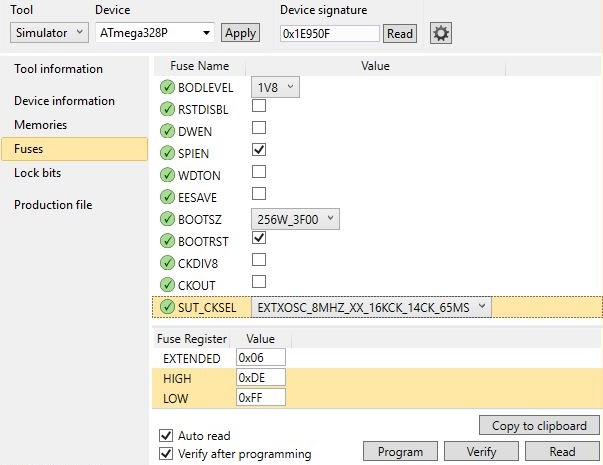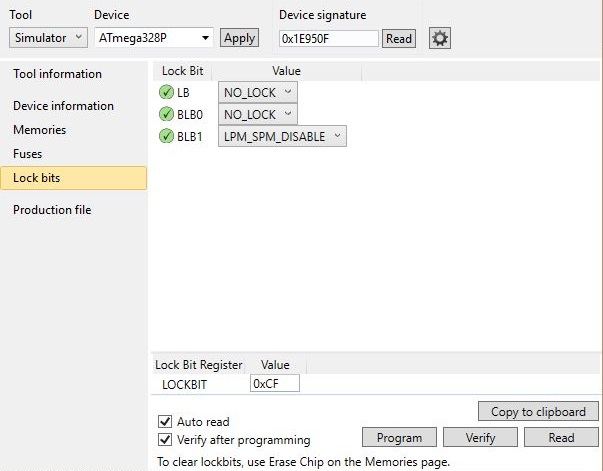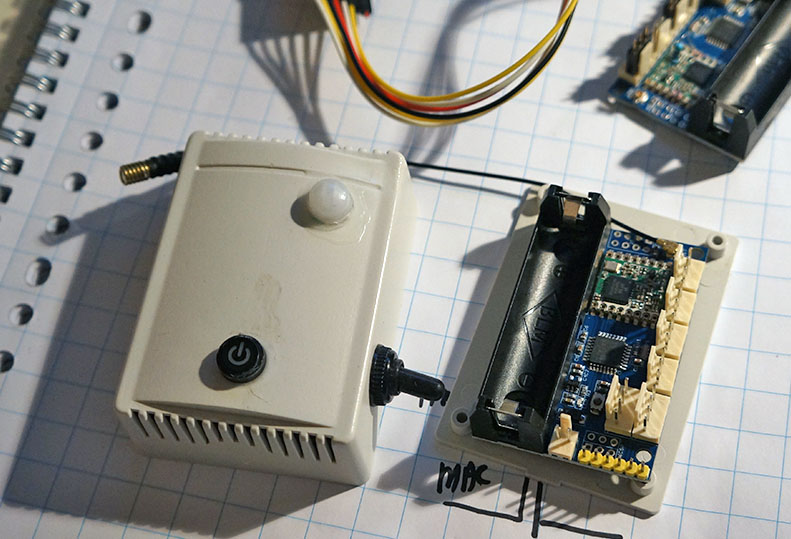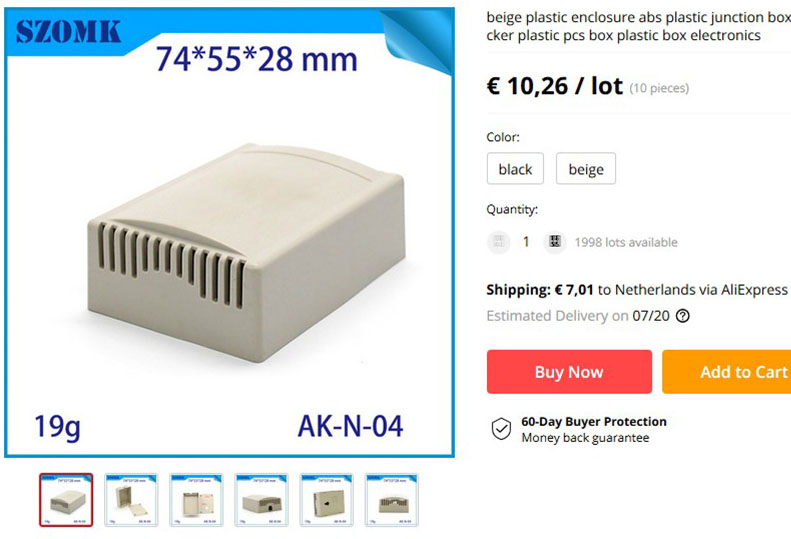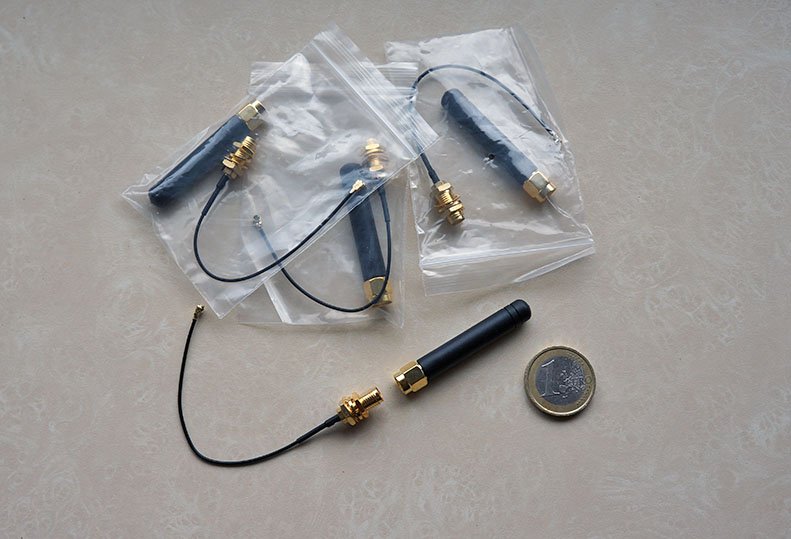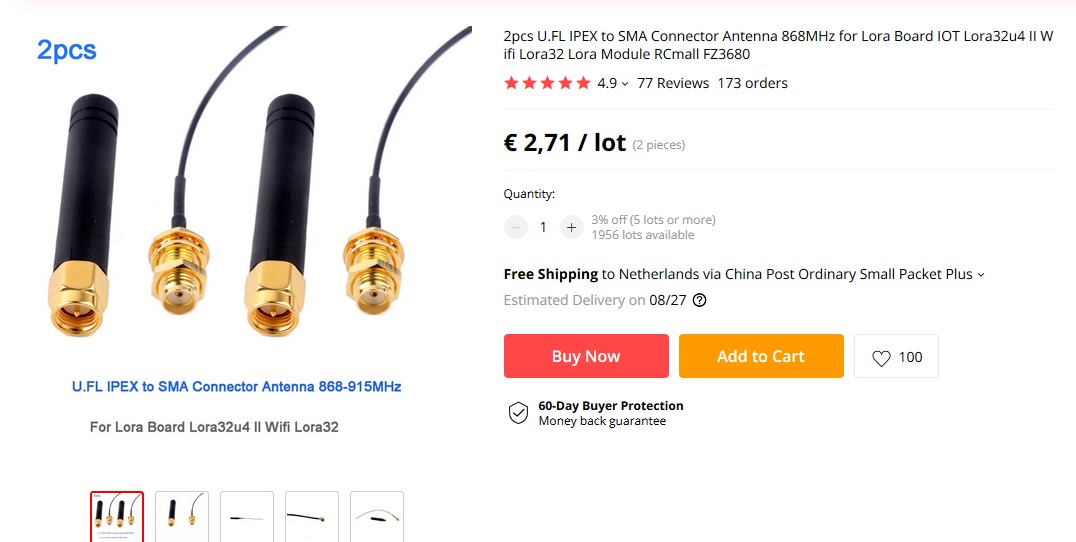With the Minicore bootloader, no modifications needed, I get a deep sleep of 2uA with a MC1702 regulator in use. Thats a bettery life of 160 years on AAs.
yes that’s what I want to achieve with the LoRa node ![]()
There is an issue to manage regarding power with this board: when you are using Lithium Thyonil LS14500 you need to take into account the current delivery capacity of the battery. It is normally 50mA not more. It means you can’t transmit on LoRaWan over 12-14dB.
source : First steps with LoRa Radio Node (Arduino) - disk91.com - the IoT blogdisk91.com – the IoT blog
fine for in/around your house nodes, if you have your own gateway
ok minicore it is : GitHub - MCUdude/MiniCore: Arduino hardware package for ATmega8, ATmega48, ATmega88, ATmega168, ATmega328 and ATmega328PB
An SX127x device will add something less than 0.1uA when its put into deep sleep, which is easy.
ok tnx
but which one… I understand that with the fast one you can’t use the arduino IDE serial monitor anylonger ?
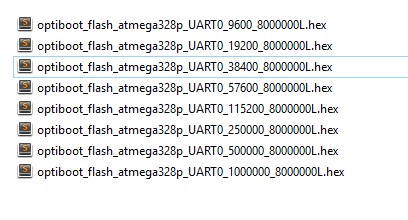
a supercap will probably help… transmission time is not that long
but that will cost some … ? have to try 
Not tried changing it, the default appears to be the 38400 baud version.
Might be worth experimenting, having the 1000000baud version would be good, 26 times faster.
1000000baud does not seem to work with an 8Mhz processor.
500000baud seems OK.
Absolutely not, I asked some time ago to add to arduino IDE Serial the 250K and 1M speed and it’s done for long know.
![]()
So to resume, you can burn MiniCore bootloader or mine (both have same base), but mini core Arduino Boards does not allow Arduino IDE to select serial port speed (for uploading), so I just uploaded my boards definition to help you with Mini Lora board. It’s located here
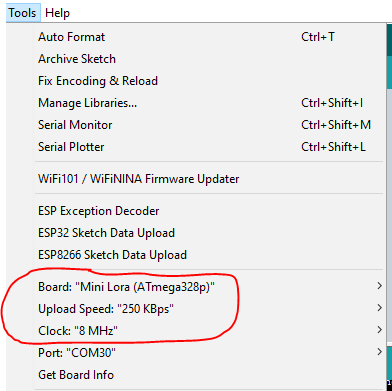
cool… I will try that, saves time when debugging tnx
and if I use this bootloader
what setings do I use ?? have the CH2I boards installed 
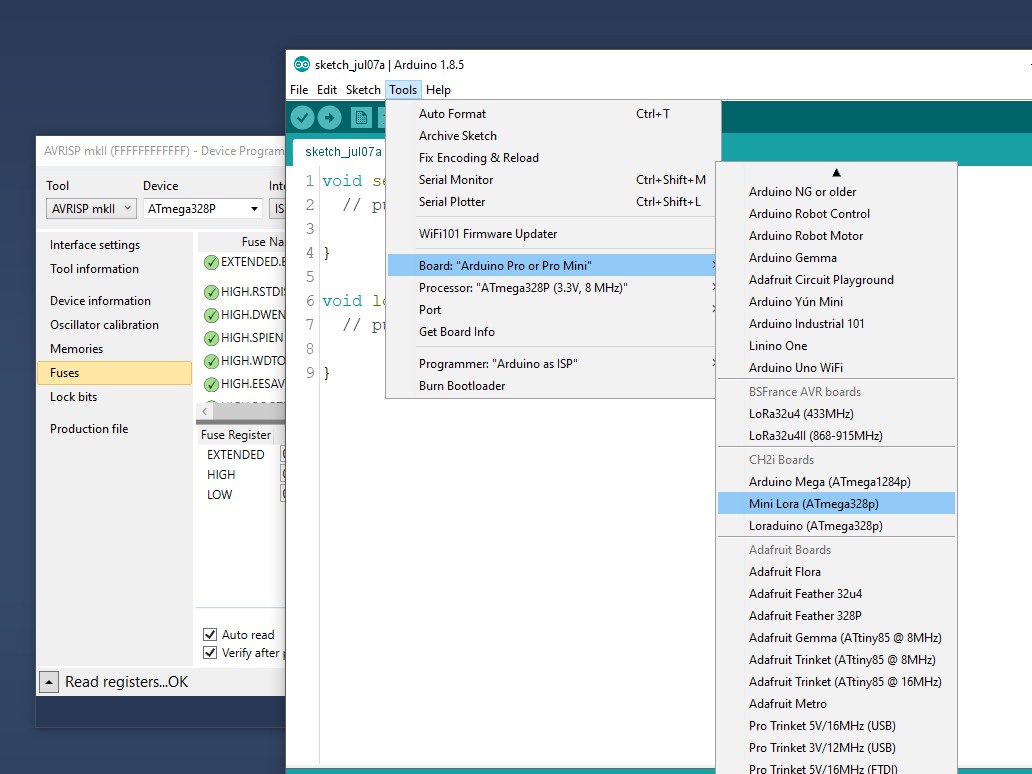
@BoRRoZ
This bootloader is quite old (first old try and don’t know what serial speed it is.
So, please use one of (depending if your Arduino target is 8Mhz or 16MHz)
optiboot_flash_atmega328p_250000_8MHZ.hex
optiboot_flash_atmega328p_250000_16MHZ.hex
-
Flash Memories with the hex file above
-
Flash Fuses
- Then Flash lockbit (lock bits should be flashed last EACH time you flash bootloader)
- found something, and I thought initially that uploading didn’t work with the new bootloader
I used to test with blink, but blinks example with pinMode(LED_BUILTIN, OUTPUT) doesn’t seem to work with this bootloader So I changed it to
int led = 13;
void setup() {
pinMode(led, OUTPUT);
}
void loop() {
digitalWrite(led, HIGH);
delay(20);
digitalWrite(led, LOW);
delay(800);
}
now its flashing and I can see the extra free memory (however not related) too ![]()
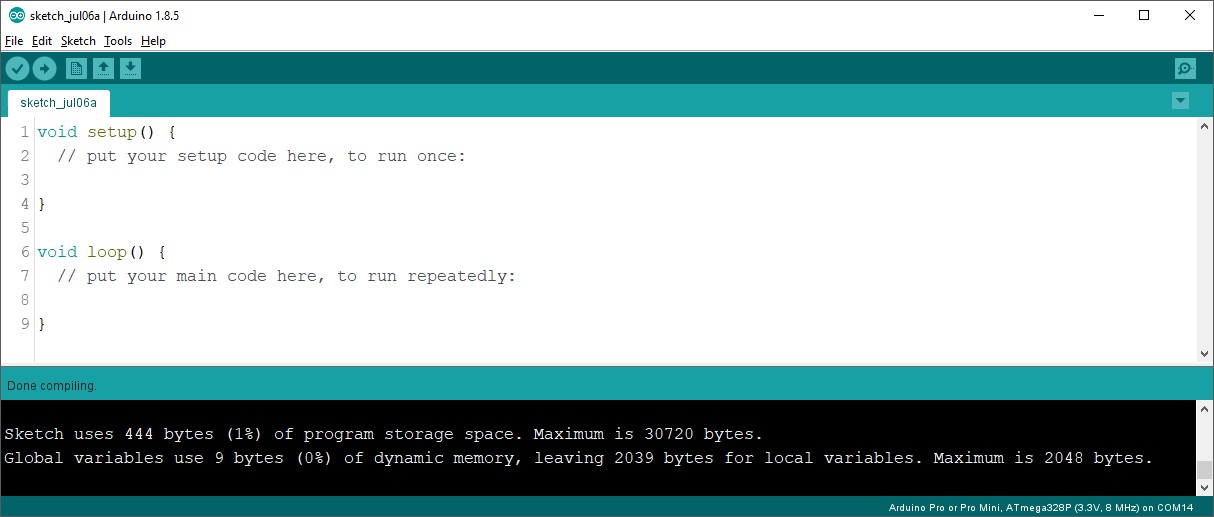
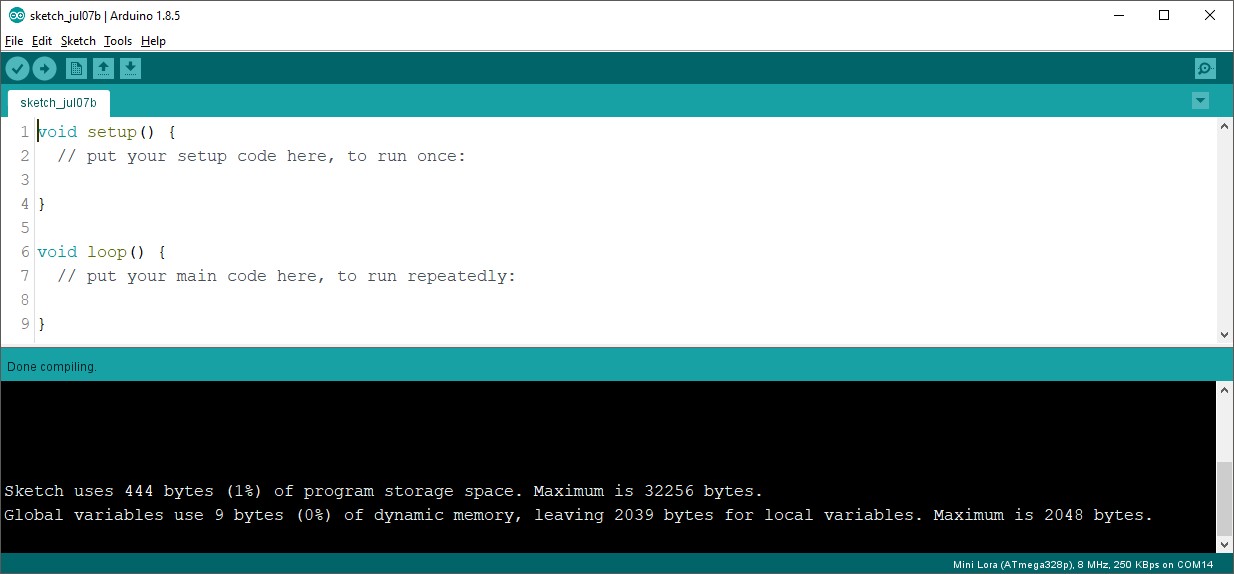
Yes, was a bug in board definition, it’s now fixed, and I added the new board LoRa Radio Node
Check out the pre defined boards in the readme.
thx… very fast !! I’ll try
just a bit of online browsing, and found this one …
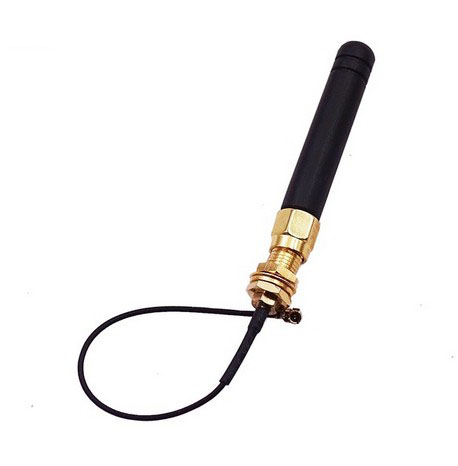
but I don’t understand everything from the description 

repeated strict testing is always good, just like a low Bobbi
source
Good to eat (but dont try this), its got 50 Omegas in it.
![]()
Talking about low bobbies…
Any suggestions for Vector network analyzer that could be used for antenna and pcb matching purposes?
Of course without spending half of my years income…
Have seen n1201 any other?
